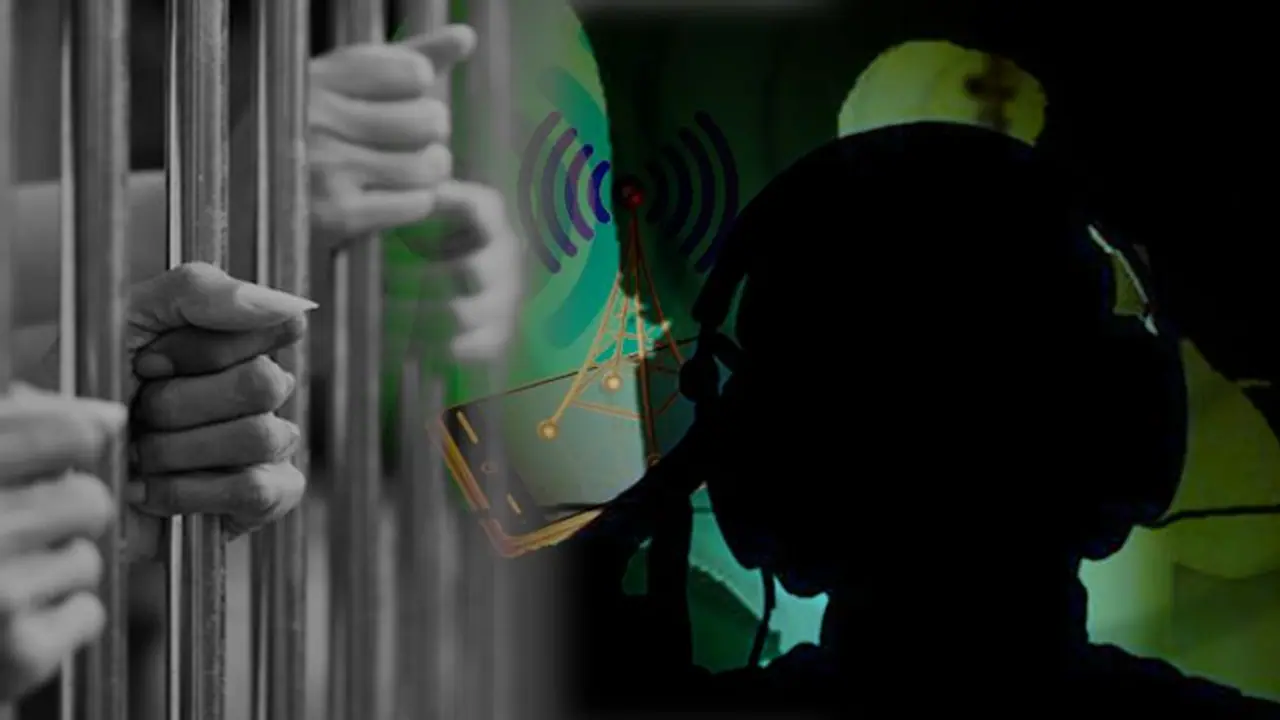Phone tapping for personal vendetta can be an offence under the IT Act 2000 and the convict can be jailed for a period of up to three years.
Bengaluru: You would be giving out the most important information to your friend on phone, thinking else no one else is privy to it. But unknown to you, there is a third person snooping into your conversation, extracting all the details meant to be kept under wraps.
As all your secrets before newsroom material, you shudder to think how technology has been misused to enter your most private rooms and spread it across the globe.
Surely, Alexander Graham Bell would not have thought that his invention would be put to any sort of manipulation.
A case in point is the way the leak of the audio tapes involving Bengaluru police commissioner Bhaskar Rao and a middleman close to the Congress high command have gone viral.
The tapes contain alleged conversations of lobbying for the post of the police commissioner.
If this involves people in public life, the same can be extended to the common man as well.
However, in cases relating to national security, exceptions can be made as calls can be intercepted.
The laws relating to phone-tapping are dealt with in two acts - Indian Telegraph Act 1885 and Information Technology Act 2000.
The punishment, in case snooping is found violative of privacy, would be harsh.
Vivek Reddy, a senior lawyer said, “Under the IT Act, tampering of mobile phones with a view to infringe privacy amounts to an offence under section 66 where the convict can be jailed for up to 3 years.”
And on the issue of alleged snooping scandal in Karnataka, the lawyer added, “If true, it’s shameful as it has been done to cling to power. Such cheap tactics reflect violation of constitutional safeguards, including right to privacy. It is a sad that, in the greed for power, our rulers are willing to throw out all constitutional rights. The snooping of politicians was not for any security or to prevent any threat to the security of the state. It was private purposes. The perpetrators must be brought to book.”
